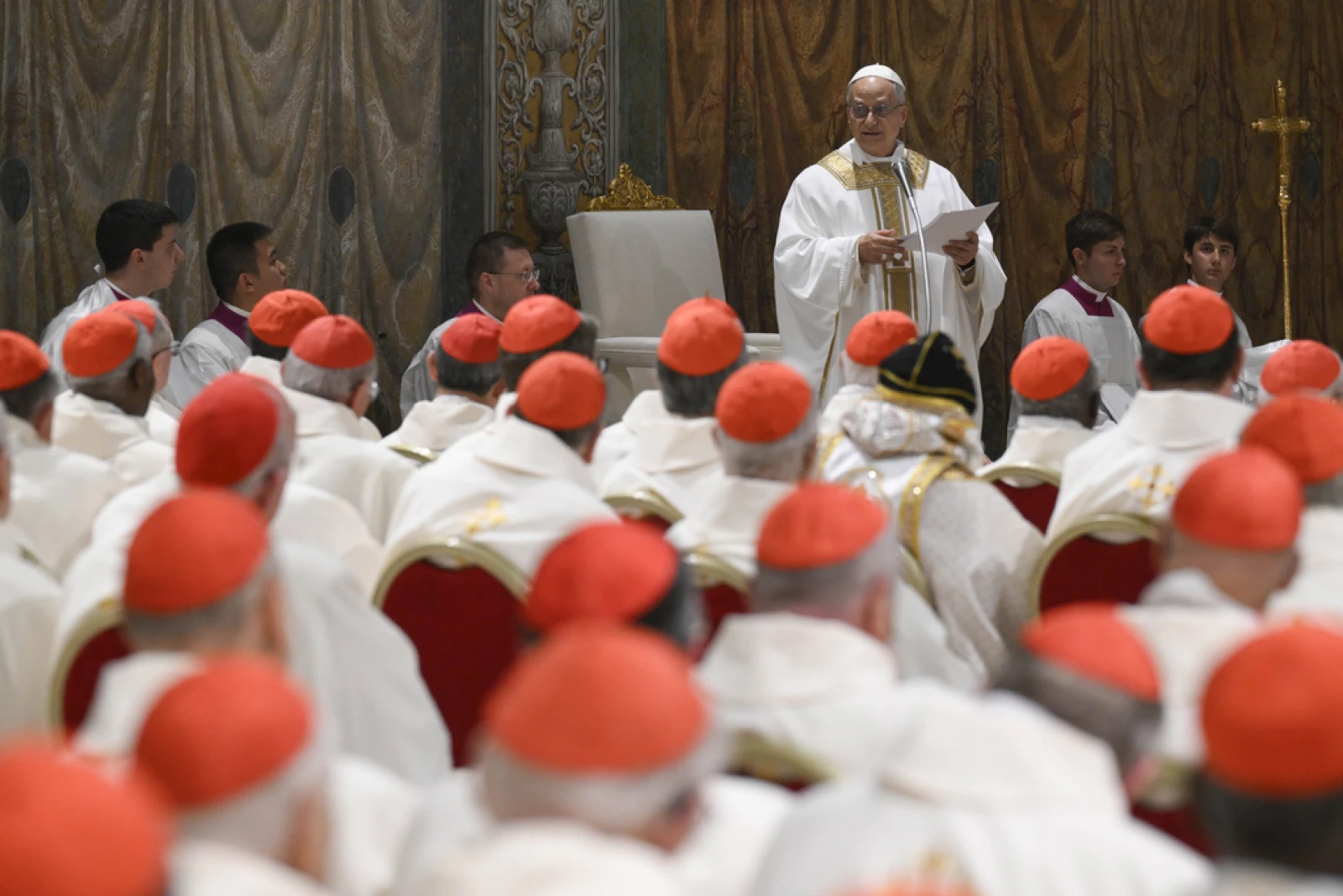
WASHINGTON (RNS) — When it was announced that Pope Leo XIV would be the first pope born in the United States, Catholics across the country were surprised, and many were elated. For years, Vatican watchers had dismissed the idea that Cardinals would elect a pope from the U.S., assuming the prelates would avoid entangling the Bishop of Rome with the politics of a superpower.
But a political question quickly emerged: Can a sitting pope vote in U.S. elections, and is he still a U.S. citizen?
The short answer: he can probably still vote, for now at least, and is likely still a citizen unless he takes action to change that.
The Chicago-born Leo, formerly Cardinal Robert Francis Prevost, has voted in past elections — he has cast ballots in both Democratic and Republican primaries in Illinois (where you do not have to register for a party), more often the latter. According to Matt Dietrich, spokesperson for the Illinois Board of Elections, Pope Leo voted last year.
“He’s still an active voter in Will County, Illinois, and he did cast a ballot in November 2024 — a vote by mail,” Dietrich said of Leo, who has lived in Rome for the past two years while serving in Vatican roles, most recently the head of the Dicastery for Bishops. Dietrich added that Leo, before he began voting in Will County, was previously registered in nearby Cook County, which contains Chicago.
The question of whether the pope can vote in future elections in Illinois is more complicated. From the perspective of the Illinois Board of Elections, Dietrich said, the most immediate question is his residency.
“As long as (Leo) maintains his Illinois address,” Dietrich said, “he can continue to do so.”
And Dietrich added that even if Pope Leo’s residency changes, his ability to vote in federal elections is likely protected by the Uniformed And Overseas Citizens Absentee Voting Act.
But Pope Leo can only vote if he is a U.S. citizen. Voting as a dual citizen is not uncommon — Pope Leo also holds citizenship in Peru, where he served for many years. Does being elevated to pope, which is head of state for the Vatican, effectively dissolve one’s American citizenship?
According to Amanda Frost, a professor at the University of Virginia School of Law in Charlottesville, the answer is no.
“Under the Supreme Court’s 1967 decision in Afroyim v. Rusk, a citizen cannot lose their citizenship without intentionally and voluntarily choosing to expatriate themselves,” Frost said in an email. “Taking a high-level policy position in another (government) can create questions about whether the individual intends to keep their U.S. nationality, and the state department may start an inquiry regarding that person’s citizenship. But the individual can keep his citizenship unless he expressly chooses to give it up.”
RNS contacted the White House to ask whether the government has initiated such an inquiry but has yet to hear back. A spokesperson for the Department of Justice said the agency “defers to DHS for questions on citizenship.”
When RNS reached out to Department of Homeland Security, the agency cited a State Department spokesperson, saying, “as a general rule, we do not comment on the U.S. citizenship status of individuals.”
Whether Pope Leo decides to continue to vote in the U.S. — or even eventually renounce his U.S. citizenship — is another question. But he could likely cast a ballot if he chooses — at least for now.
